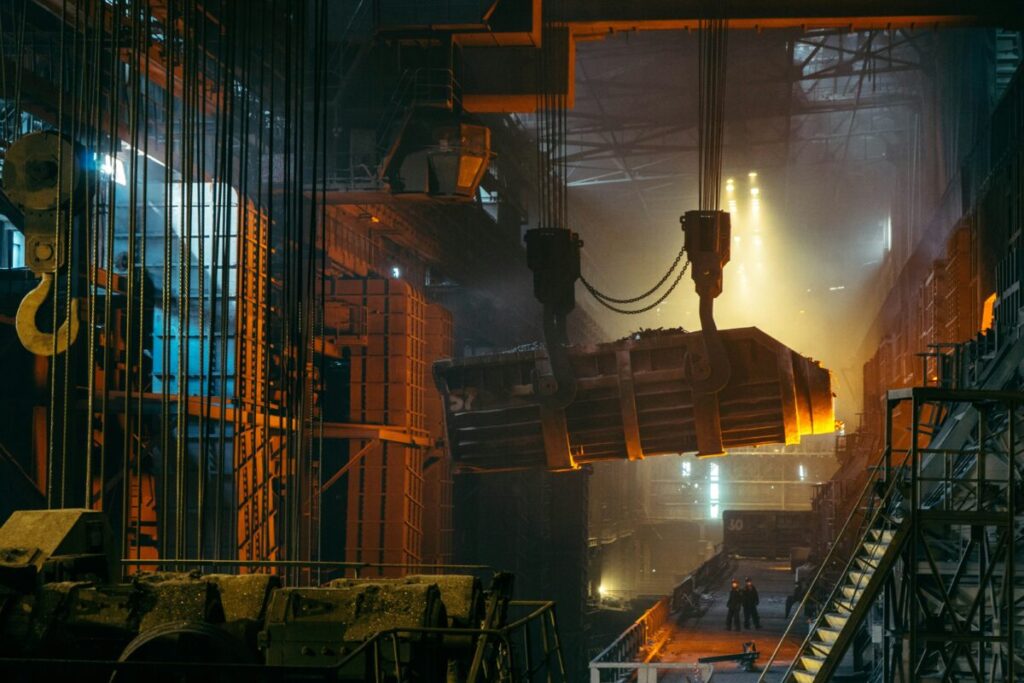The trade association for the UK steel industry, UK Steel, has published a report highlighting the barriers that high electricity costs represent for the sector.
Steel production and processing is energy-intensive: power costs can represent up to 180% of steel producer’s Gross Value Added (GVA) in the UK. This is set to double when, as part of the industry’s aim to fully electrify, the industry switches to electric arc furnaces (EAFs).
According to the report, titled Industrial Electricity Prices: A Barrier to Growth, Competitiveness and Profitability, the UK steel industry’s electricity use is currently equivalent to 800,000 homes: an electric arc furnace uses about 0.5MWh of electricity per tonne of steel.
It found that UK steel producers pay as much as 50% more than competitors in France and Germany, which accounts for an additional £37 million in electricity costs. This is driven primarily by higher UK wholesale costs and partly by greater network charges.
At 2024/25 rates, UK steelmakers pay £66/MWh, while the price in Germany is £50/MWh and, in France, it drops to £43/MWh. The report calls for reforms to reduce UK wholesale electricity prices, which are driven up by the nation’s reliance on gas generation.
It suggests a mechanism like the French Regulated Access to Incumbent Nuclear Electricity (ARENH), which allows energy suppliers to buy electricity from EDF’s nuclear power plants at a regulated price. The mechanism was introduced in 2010 to increase competition in the retail energy market and ensure French customers benefit from nuclear power investments.
Theoretically, Labour’s Great British Energy company’s promise to work closely with Great British Nuclear could unlock a similar deal—particularly given the government’s recently announced subsidy for EDF’s Sizewell C nuclear plant in Suffolk.
UK Steel also notes that the previous government’s 60% compensation for network charges was lower than the 90% offered by Germany and France. This leaves the industry facing network charges up to ten times higher than their European counterparts.
It calls on the new Labour government to increase compensation to 90%, bringing network charges in line with European competitors.
According to UK Steel director general Gareth Stace, the UK steel industry has been “crippled” by industrial electricity prices for too long. In July, we reported on UK Steel’s concerns about high UK electricity prices impacting the move to greener tech.
He continued: “Steel is integral to the new government’s ambitions for the UK, from the renewable energy rollout through GB Energy to infrastructure developments and increased housebuilding, which all require and rely on steel. Lower power prices are crucial to unlocking the success of the UK Steel industry, enabling steel to be the backbone of a strong and thriving British economy.”






